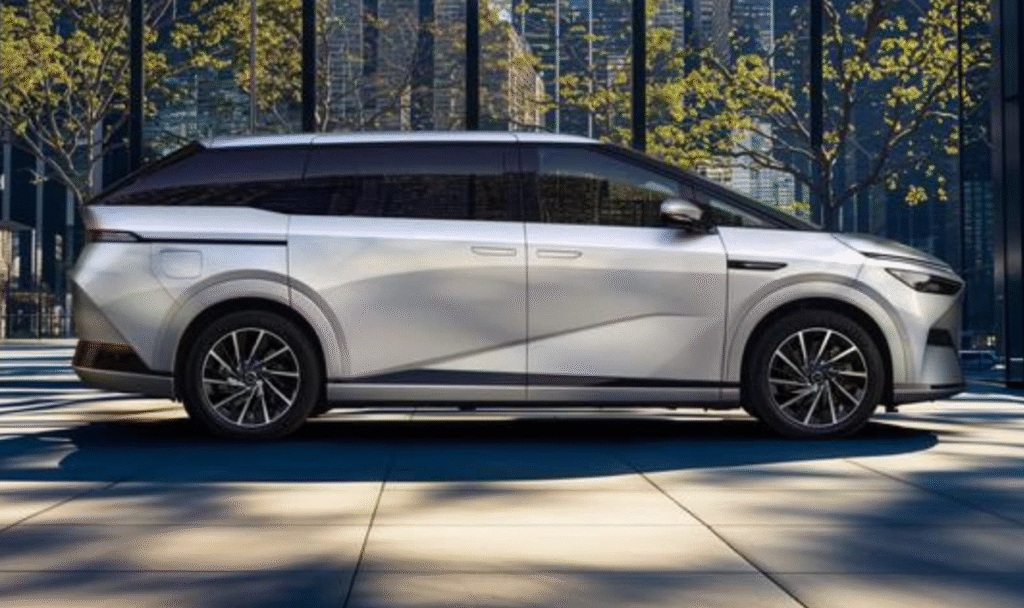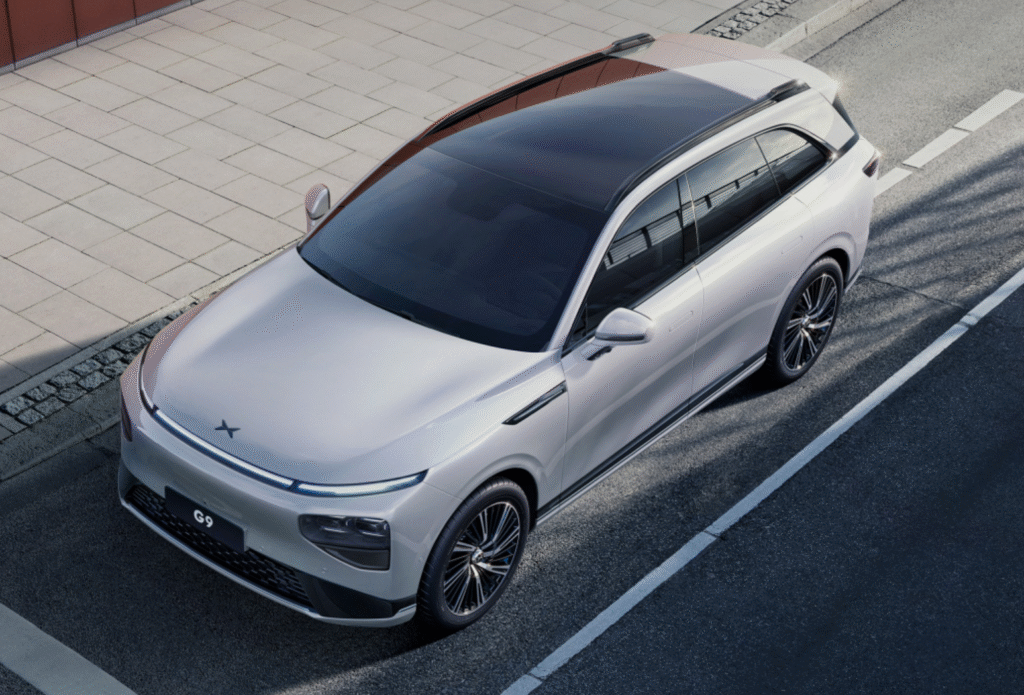
Xpeng Eyes the Indian EV Ecosystem: A Game Changer for Electric Mobility
India’s electric vehicle (EV) scene is evolving at an unprecedented pace, attracting the attention of leading global innovators. Among the frontrunners making moves is Chinese EV manufacturer Xpeng, which is now poised to explore the vast opportunities of the Indian market. As one of the world’s largest and fastest-growing EV markets, India offers fertile ground for advanced technology and sustainable mobility solutions. In this blog, we delve into Xpeng’s expansion strategy, its next-generation smart technologies, and what this means for the future of electric vehicles across the country.
A Bold New Entry into the EV Ecosystem

Xpeng, renowned for its innovative products in China and select global markets, is now eyeing India with a focused plan. Unlike other players that focus solely on performance or design, Xpeng is determined to combine affordability with advanced technological integrations. Its potential entry is characterized by a commitment to local market needs, positioning the brand as a dynamic competitor against established names in the electric vehicle space.
This move comes at a time when the Indian market is witnessing surging demand for EVs, spurred by ambitious government initiatives and a growing consumer emphasis on sustainability. With a strong reputation for advanced technologies like artificial intelligence (AI) and next-gen driver assistance, Xpeng’s approach could challenge even well-known industry giants such as Tesla. By tailoring its technology to suit India’s diverse driving conditions, Xpeng plans to introduce vehicles that are not only environmentally friendly but also technologically superior.
Harnessing Advanced ADAS for Safer Roads
A key aspect of Xpeng’s strategy lies in its state-of-the-art Advanced Driver Assistance Systems (ADAS) also known as Xpilot. On Indian roads, where traffic conditions can be unpredictable and often chaotic, safety is paramount. Xpeng’s ADAS integrates adaptive cruise control, lane-keeping support, and automated emergency braking, all of which are designed to assist drivers in navigating challenging roadways.
These technologies are particularly crucial in a market like India, where the mix of vehicles, pedestrians, and varying road conditions demands robust safety measures. Xpeng’s systems are engineered to sense and respond to real-time road scenarios, thereby reducing the likelihood of accidents. With this technology, the company aims to elevate the safety standards of its vehicles, reinforcing consumer confidence and setting a new benchmark in the EV segment.
Why India is the Ideal Growth Hub for Xpeng EV Ecosystem

There are several compelling reasons why India is catching the eye of international EV manufacturers like Xpeng. First, the sheer size of India’s car and EV market—ranked among the top in the world—offers an extraordinary growth opportunity. Additionally, the Indian government’s proactive measures toward sustainable transportation, including incentives for EV adoption, infrastructure development, and stricter pollution norms, create a conducive environment for new entrants.
Furthermore, as Indian consumers increasingly show interest in tech-savvy and eco-friendly products, the market’s appetite for vehicles equipped with modern features and connectivity is growing. Xpeng plans to tap into this trend by introducing models that leverage its global expertise while also addressing the specific needs of Indian users. The company’s focus on creating a blend of smart technology and localized design is expected to resonate well with a broad audience, from urban commuters to tech enthusiasts.
Navigating a Competitive Landscape In the Indian EV Ecosystem
Entering the Indian automotive sector means contending with both established domestic players and other international giants. Indian manufacturers already enjoy a firm grasp on local tastes and have extensive distribution networks. However, Xpeng’s proposition—fusing advanced ADAS technology with competitive pricing—could disrupt the status quo.
While Tesla has long been a buzzword in discussions around EVs in India, Xpeng’s strategy differentiates itself by promising a more tailored approach to the local environment. In addition to performance and safety, the brand is expected to invest in service infrastructure and forge local partnerships, ensuring that every aspect of its value chain is optimized for success in the Indian context.
Overcoming Localized Challenges
For any new entrant, adapting to local conditions is a critical factor. Xpeng will need to account for the unique challenges posed by India’s driving environment. This includes weather variations, diverse road conditions, and infrastructure disparities. To thrive in this market, the company plans to customize its vehicles by integrating robust climate-control systems, advanced dust protection mechanisms, and optimized energy management systems that cater to both high-density urban centers and rural areas.
Moreover, establishing a reliable after-sales network will be vital. Building partnerships with local service centers and leveraging regional expertise are steps that Xpeng is expected to take seriously. Over time, these efforts will not only help the brand gain market share but also foster long-term consumer loyalty.
Shaping the Future of Mobility in India
Xpeng’s potential entry into India marks a significant milestone in the nation’s EV journey. As the landscape becomes more competitive, consumers can expect to see a more diversified range of vehicles that are safer, smarter, and more aligned with local needs. The convergence of innovation, government policy, and market dynamics is rapidly changing the automotive ecosystem, paving the way for a future where electric mobility is more accessible than ever.
In this unfolding scenario, Xpeng’s blend of advanced ADAS and AI-driven features could redefine what it means to drive an electric vehicle in India. This strategic foray not only underscores the company’s global ambitions but also signifies how international technology can be harmonized with local aspirations to drive sustainable progress.
Conclusion
The Indian EV market is on the brink of a technological revolution, and Xpeng’s announcement is poised to be a game-changer. By integrating high-end safety technologies, adapting to local road conditions, and leveraging India’s growing focus on sustainable transport, Xpeng is setting the stage to challenge established industry players and offer a fresh perspective on electric mobility.
As global markets become increasingly interconnected, the success of such initiatives is crucial for both environmental sustainability and economic growth. With a potential launch that promises innovation tailored to India’s unique challenges, the future of electric mobility in India looks brighter—and smarter—than ever before. Stay tuned as this story unfolds and reshapes the automotive narrative in India.

